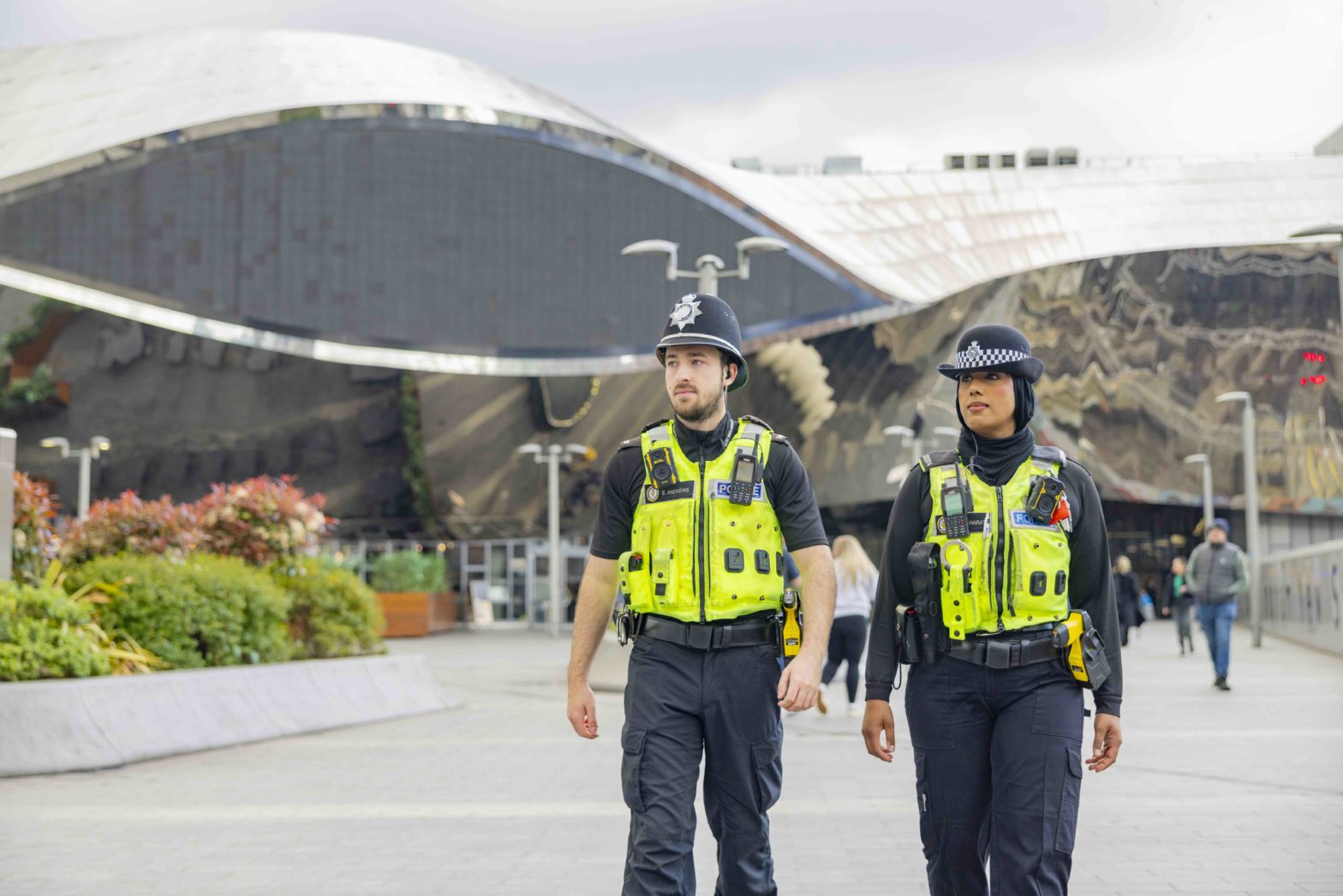
Photo: image1
Cape Town to address poverty imbalance
17 June 2019
by Christopher Carey
Cape Town’s poorest residents spend 46 percent of their monthly household income on transport, an official report reveals.
The City of Cape Town’s Transport Development Index (TDI), one of the first to be developed in Africa, also found that over 90 percent of commuters using public transport in the city fall within the low and low-to-medium income groups.
The subject was discussed at length by Felicity Purchase, Mayoral Committee Member for Transport in Cape Town, at a panel discussion during the 2019 UITP Global Public Transport Summit in Stockholm.
“Our predominate issue is that people who are left out of our public transport system are reliant on mini-bus taxis, which is a 15-seater vehicle that sometimes has 30 people in it,” said Purchase.
“It’s not the safest mode of transport and is certainly not sustainable.”
The city faces challenges in enforcing the law with regard to illegal taxis, with a lack of police manpower the main obstacle.
Prior to the world cup in 2010, Cape Town introduced an integrated rapid transport system, the BRT, which went some way in addressing the deep structural imbalances in the city.
Over the past three years however, the rail system in South Africa and particularly in Cape Town has deteriorated rapidly, with numbers falling from 650,000 users in 2016 to 250,000 today.
The complex nature of national, regional and city government has made fixing the crumbling infrastructure difficult, but the National Land Transport Transition Act, which allows for public transport services to be devolved to the local level may change this.
“We have pushed national government to get the assignment of rail, specifically so that we can improve it, because there is so much potential in that service,” said Purchase.
“They would first get it back to scratch. In the past few years we have lost so many trains through vandalism and fires and such that people are not getting to work on time, it’s a massive problem for us.”
In Cape Town and other South African cities, the poorest residents were moved to the outskirts of the city in the apartheid years so they have the longest commutes.
“In our study [Transport Development Index] we also found that the majority of our commuters were spending 46 percent of their wage packet getting to and from work,” added Purchase.
Cape Town has also started to invest in its cycling infrastructure, with current usage in the city estimated at 1 percent. It aims to increase this figure to 8 percent through new initiatives which are aimed at disadvantaged communities.
One such plan aims to give bicycles to children in primary school to promote a modal shift.
“We hope that it will create a consciousness that cycling is actually safe,” said Purchase. “We anticipate that in the next year or so we will be able to implement this.”







